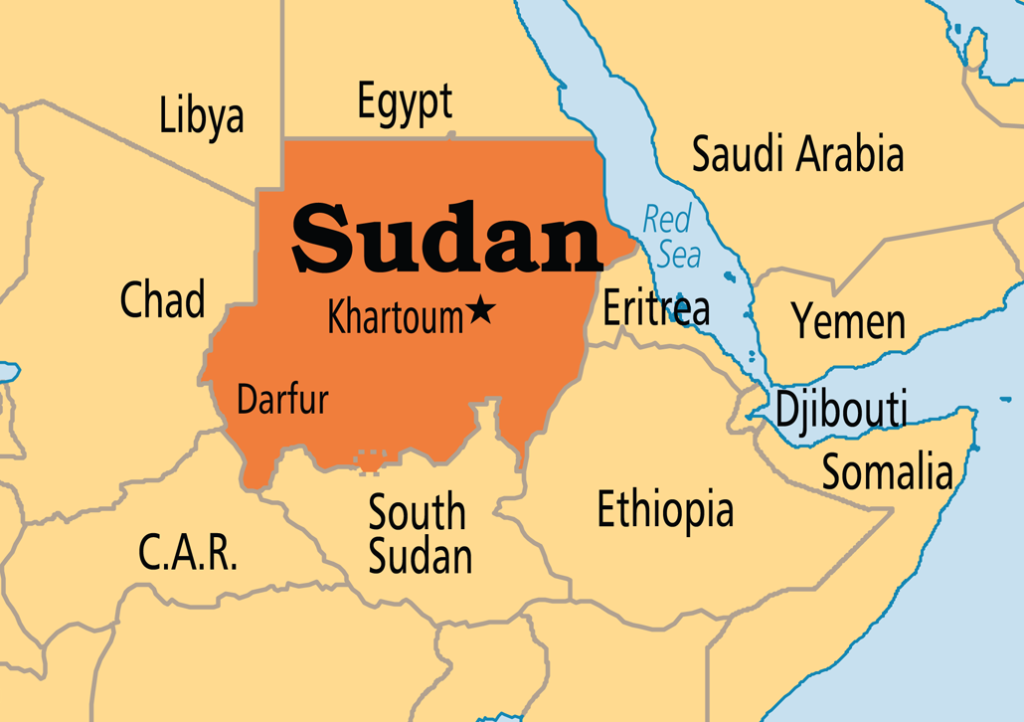Global Financial Integrity (GFI) has published a new study, “Sudan and Trade Integrity,” examining trade-related illicit financial flows in Sudan’s trade, crude oil and gold sectors. The analysis finds considerable gaps in trade integrity in all three areas of analysis and potential revenue losses of US$5.7 billion in global trade, US$279.4 million in trade in crude oil and US$575.2 million in trade in gold during the seven years covered in the report.
Trade integrity is defined as international trade transactions that are legal, properly priced and transparent. Developing countries lose billions of dollars a year in tax due to trade misinvoicing, corruption and criminal activity associated with a lack of trade integrity, which hampers abilities to mobilize funds to respond to the COVID-19 pandemic and achieve the UN 2030 Agenda.
The report includes regulatory analyses for the trade, crude oil and gold sectors, along with surveys conducted with leading Sudanese thought leaders in academia, government and civil society.
Tom Cardamone, President & CEO of GFI, issued the following statement:
“Given the tremendous hardships the people of Sudan have suffered over the years there is still significant optimism about the country’s future. The surveys are revealing in that Sudan’s problems are well understood and the remedies are obtainable. It is hoped that the scale of the losses revealed in this report will be a catalyst for national and international action.”
Notable findings for global trade (all figures in USD):
- Of the 374 bilateral trade relationships between Sudan and 70 of its trading partners examined between 2012-2018, GFI identified an estimated $30.9 billion in value gaps, which is the difference between what Sudan and each of its partners reported as the values for any given bilateral trade transaction.
- These estimated value gaps are equal to nearly 50% of Sudan’s total trade during this period with the 70 trading partners.
- The estimated revenue loss related to the value gaps for this period could potentially be as much as $5.7 billion.
- Ethiopia was among the top ten trading countries with the highest value gaps as a percentage of total trade with Sudan in all seven of the years studied, while Japan was among the top ten in six of the seven years examined.
Notable findings for crude oil (all figures in USD):
- Over the seven-year period 2012-2018, GFI detected a volume gap of 9 million barrels and equivalent to 80.1% of Sudan’s declared export volume.
- In terms of value, Sudan reported exports valued at $4.8 billion during the seven-year period, while in comparison its trading partners reported imports of $8.9 billion; a value gap of $4.1 billion and equal to 4% of Sudan’s declared exports by value.
- Assuming a conservative royalty rate of 5% along with the country’s corporate income tax rate of 35%, the Sudanese Government might have lost nearly $2 billion between 2012 and 2018. This represents an average annual loss of $279.4 million; more than three times the amount ($89.3 million) the Government spent on social benefits in 2017.
Notable findings for gold (all figures in USD):
- Between 2012-2018, there was a volume gap of 199,286 kilograms (200 tons) of gold, equivalent to 97% of Sudan’s declared gold exports by volume.
- Correspondingly, the total value gap equaled nearly $4.1 billion, equal to 7% of Sudan’s reported gold exports by value.
- With a value gap of $4.1 billion, and using annual royalty rates paid by gold producers, there was an estimated potential revenue loss of $575.2 million for the Government of Sudan over the period 2012-2018; which could cover the cost of thousands of additional teachers in a country where the average person receives only eight years of education.
GFI provided bespoke policy recommendations for the Government of Sudan to improve the trade integrity of the global trade, crude oil and gold sectors.
ABOUT GFI: Global Financial Integrity (GFI) is a Washington, D.C.-based think tank, producing high-caliber analyses of illicit financial flows, advising developing country governments on effective policy solutions and promoting pragmatic transparency measures in the international financial system as a means to global development and security.
